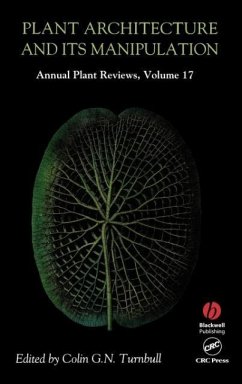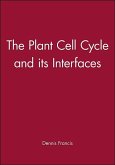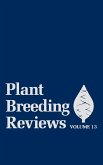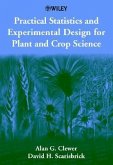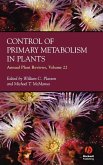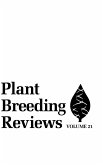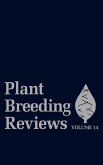"Annual Plant Reviews," Volume 17 Conventionally, architecture relates to buildings, embracing both art and science, and specifying both form and function. In scope, this closely matches the study of plant architecture. From an artistic perspective, we might marvel at the astonishing diversity of aesthetically pleasing plant structures, yet as scientists we know that, through natural selection, very little of form is dissociated from function. The origins of studies of plant architecture and their influences on human existence are steeped in history, but, from a twenty-first century perspective, the field has been transformed from a discipline of observation and description into one in which complex networks of genetic, chemical and environmental factors can be directly manipulated and modelled. Arguably, manipulation of plant architecture has been one of the greatest mainstays of plant improvement - perhaps second only to the discoveries of the nutritional requirements of plants. With the advent of the 'gene revolution', there are countless new opportunities for selective modification of plant architecture. This book provides a broad coverage of our current understanding of plant architecture and its manipulation, ranging from the architecture of the individual cell to that of the whole plant. It is directed at researchers and professionals in plant physiology, developmental biology, molecular biology, genetics and biotechnology.
Hinweis: Dieser Artikel kann nur an eine deutsche Lieferadresse ausgeliefert werden.
Hinweis: Dieser Artikel kann nur an eine deutsche Lieferadresse ausgeliefert werden.

